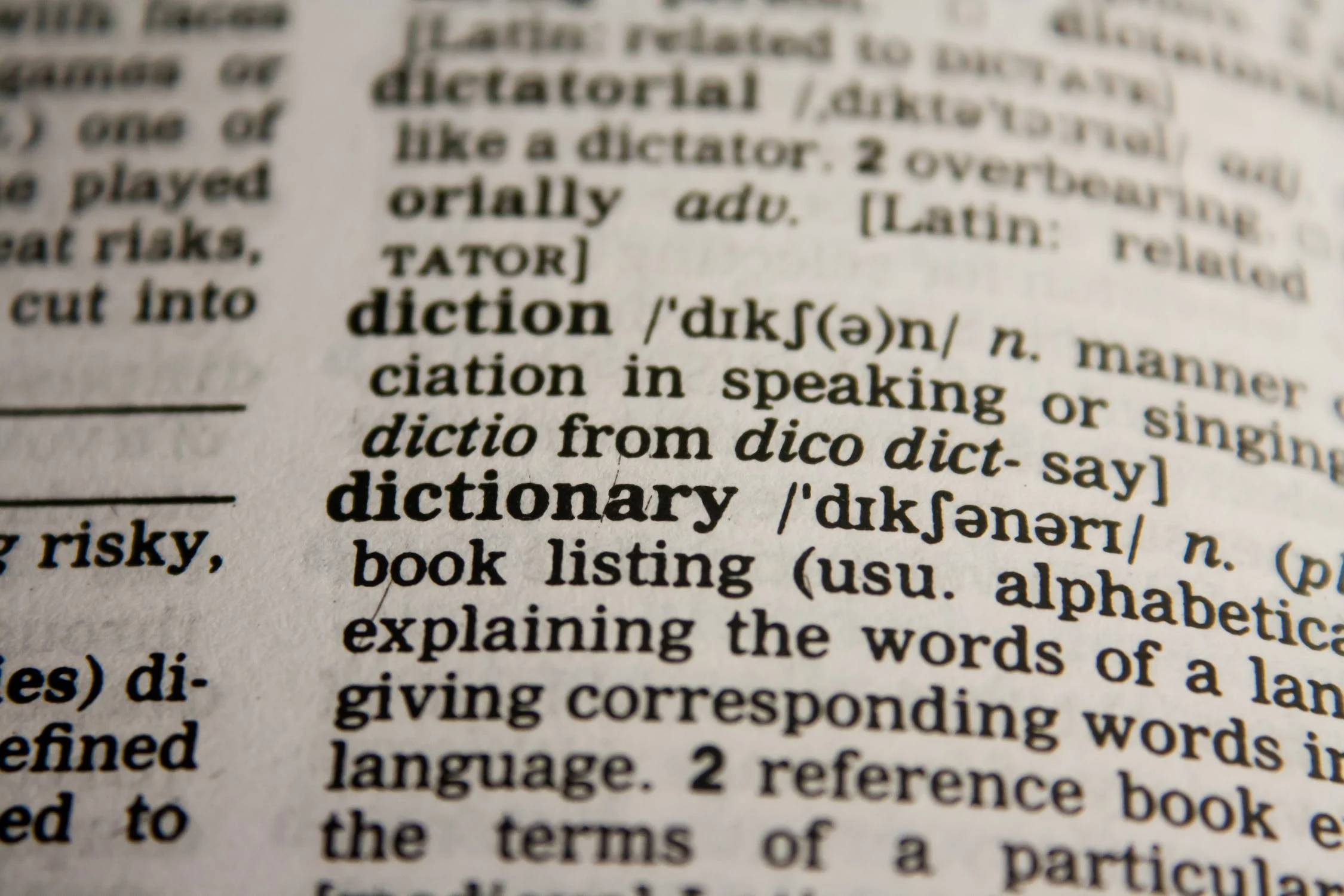5 min read
January 8, 2024
16 Of the Longest Word in the English Language
You may have found yourself wondering, “What is the longest word in the English language?” – it is thought to be “pneumonoultramicroscopicsilicovolcanoconiosis”, a forty five letter word referring to a specific type of lung disease.
The English language is a vast and diverse linguistic landscape, filled with words that vary in length, complexity, and pronunciation. Some words are so incredibly long that they can leave even the most eloquent speakers stumbling over their syllables.
In this article, we’ll embark on a fascinating journey through the labyrinth of English vocabulary to uncover some of the longest words ever created, explore their meanings, and even attempt to pronounce a few.
Table of Contents:
- What is the Longest Word in the English Language, More Than 100 Letters?
- What Word Has 180,000 Letters?
- Is Supercalifragilisticexpialidocious a Real Word?
- Longest Word in the 2023 English Language Dictionary
- 16 Longest Words in the English Language and Their Pronunciations
- Shortest words in the English Language
- Conclusion
What is the Longest Word in the English Language, More Than 100 Letters?
To answer the burning question of what the longest word in the English language is, let’s start with a behemoth that’s certainly no stranger to word enthusiasts:
“pneumonoultramicroscopicsilicovolcanoconiosis.”
This jaw-dropping word, often cited as one of the longest in major dictionaries, boasts an impressive 45 letters. It refers to a type of lung disease caused by inhaling very fine silica dust, such as that found in volcanic ash.
While this word is undoubtedly lengthy, it doesn’t quite reach the length of 100 letters. So let’s look at additional words deemed worthy competitors.
What Word Has 180,000 Letters?
If you thought “pneumonoultramicroscopicsilicovolcanoconiosis” was a mouthful, brace yourself for the word that holds the Guinness World Record as the longest word in the English language.
This linguistic leviathan is
“Methionylthreonylthreonylthreonylglutaminylprolylthreonyllysylthreonylserylthreonylthreonyltyrosylthreonylthreonylcysteinylprolylthreonyllysylserylthreonylthreonylthreonylleucylprolylmethionylserylthreonylthreonyllysylthreonylarginylthreonylthreonylisoleucylthreonylthreonylserylthreonyltyrosylthreonylarginylthreonyllysylleucylthreonylprolyllysylserylthreonylthreonyllysylthreonyllysylarginylisoleucylthreonylserylleucylthreonylarginylthreonyllysylthreonylprolylthreonyllysylserylthreonylthreonyllysyllysylthreonylisoleucylserylthreonylthreonylprolylthreonyllysylserylthreonyllysyllysylisoleucylthreonylarginylthreonylserylthreonyllysylthreonylthreonylisoleucylthreonylprolylthreonylthreonyllysylserylthreonylthreonyllysylthreonyllysyllysylthreonylisoleucylserylthreonylthreonylthreonylprolylthreonyllysylserylthreonylthreonyllysyllysylthreonylisoleucylserylthreonylthreonylthreonylprolylthreonylthreonyllysylserylthreonylthreonyllysylthreonyl”
and the list goes on for a mind-boggling 180,000 letters.
While this word may be technically correct, it’s more of a curiosity than a practical term, often used to demonstrate the theoretical extent to which words can be stretched.
the English language continues to evolve, and dictionaries are updated to reflect these changes
Is Supercalifragilisticexpialidocious a Real Word?
You’ve probably heard of “supercalifragilisticexpialidocious,” the whimsical word popularized by Disney’s Mary Poppins.
But is it a real word?
Well, yes and no.
While it may not appear in traditional dictionaries as a legitimate English word, it’s a playful creation meant to convey something extraordinary or fantastic. So, in the realm of imagination and linguistic whimsy, “supercalifragilisticexpialidocious” is as real as they come.
You might also like: Overcome Your Fear and Start Speaking in English
Longest Word in the 2023 English Language Dictionary
As we journey into 2023, the English language continues to evolve, and dictionaries are updated to reflect these changes.
The longest word in the 2023 English language dictionary is:
“pneumonoultramicroscopicsilicovolcanoconiosis.”
This lung disease-related term has held its place as one of the longest words in English for quite some time.

16 Longest Words in the English Language and Their Pronunciations
Now, let’s explore 16 of the longest words in the English language, excluding “supercalifragilisticexpialidocious,” and attempt to decipher their pronunciations:
- Pneumonoultramicroscopicsilicovolcanoconiosis
(pronounced: new-muh-noh-ul-truh-my-kro-skop-ik-sil-i-koh-vol-kay-no-koh-nee-o-sis) We’ve already met this formidable lung disease term. - Hippopotomonstrosesquipedaliophobia
(pronounced: hip-uh-pot-uh-mon-stro-see-skwip-uh-dal-ee-uh-foh-bee-uh) Ironically, this word refers to the fear of long words. - Floccinaucinihilipilification
(pronounced: flok-suh-now-suh-ni-hi-li-pil-i-fi-kay-shun) This word denotes the act of estimating something as worthless or unimportant. - Antidisestablishmentarianism
(pronounced: an-tee-dis-uh-stab-lish-men-tair-ee-an-iz-um) Historically related to opposition to disestablishmentarianism, this term is about church-state separation. - Pseudopseudohypoparathyroidism
(pronounced: soo-doh-soo-doh-hi-po-par-uh-thai-roid-iz-um) A genetic disorder mimicking symptoms of another condition. - Supercalifragilisticexpialidocious
(pronounced: soo-per-kal-i-frag-i-lis-tik-ek-pee-al-i-do-shus) The fantastical word that Mary Poppins made famous. - Incomprehensibilities
(pronounced: in-kom-pri-hen-suh-bil-i-teez) The state of being beyond understanding. - Pneumonoultramicroscopicsilicovolcanokoniosis
(pronounced: new-muh-noh-ul-truh-my-kro-skop-ik-sil-i-ko-vol-kay-no-koh-nee-o-sis) A variant of the infamous lung disease word. - Honorificabilitudinitatibus
(pronounced: ahn-uh-rif-ik-uh-bil-i-too-di-ni-tah-ti-buhs) A Shakespearean word, possibly meaning “with honorableness.” - Sesquipedalian
(pronounced: ses-kwuh-puh-dail-yun) Ironically, this word refers to long words or the use of long words. - Hippopotamuses
(pronounced: hip-uh-pot-uh-muh-sez) The plural form of “hippopotamus,” not as long but still challenging. - Apopemptic
(pronounced: ap-uh-pemp-tik) Relating to farewell or departure speeches. - Disproportionableness
(pronounced: dis-proh-pawr-shuh-nuh-bil-i-teez) The quality of being out of proportion. - Counterdemonstration
(pronounced: kown-ter-di-mon-stray-shun) A protest or demonstration held in opposition to another. - Dissatisfaction
(pronounced: dis-sat-is-fak-shun) The state of being unsatisfied or discontent. - Unbelievability
(pronounced: un-bi-lee-vuh-bil-i-tee) The quality of being difficult to believe.
You might also like: How Many Words are in the English Language

Shortest words in the English Language
In the realm of the English language, a fascinating interplay exists between long, intricate words and their incredibly short counterparts.
However, it’s important to note that not all short “words” in English are viewed as traditional words in the linguistic sense. Some, known as syncategorematic words, are often considered linguistic elements that, while vital for sentence structure, lack a clear independent meaning. Similarly, conjunction words primarily serve to connect other words, phrases, or clauses within a sentence.
These syncategorematic and conjunction words are vital for constructing sentences, but they may not be viewed as technical “words” due to their reliance on context and the fact that they often lack independent meanings.
Despite this distinction, let’s take a closer look at some of the shortest and most essential syncategorematic words in the English language:
- I: A singular pronoun used to refer to oneself.
- A: An indefinite article employed when introducing a singular noun.
- An: Similar to “a,” used specifically before vowels to introduce singular nouns.
- At: A preposition signalling a particular location or time.
- Of: A versatile preposition often indicating possession, origin, or connection between nouns.
- On: A preposition suggesting location, contact, or support.
- It: A pronoun typically referring to an inanimate object or something previously mentioned.
- In: A preposition frequently indicating location within a space or a specific time frame.
- To: A versatile preposition used to signify direction, purpose, or the recipient of an action.
- By: Often employed to indicate the agent performing an action or the means used to achieve a particular outcome.
While syncategorematic and conjunction words may not possess distinct meanings in isolation, they are the glue that holds sentences together, allowing us to convey complex ideas with brevity and clarity
Conclusion
The English language is a playground for linguistic creativity, boasting a diverse array of words, including some of the longest words that can leave even the most eloquent speakers in awe.
While these lengthy words might not be a part of your daily vocabulary, they certainly add an element of intrigue and fascination to the world of language.
So, whether you’re exploring the depths of medical terminology or simply delighting in the joy of sesquipedalianism, the world of words is boundless and endlessly captivating.
Related content:
Meet Amphy
The largest marketplace for live
classes, connecting and enriching
humanity through knowledge.
Related Articles